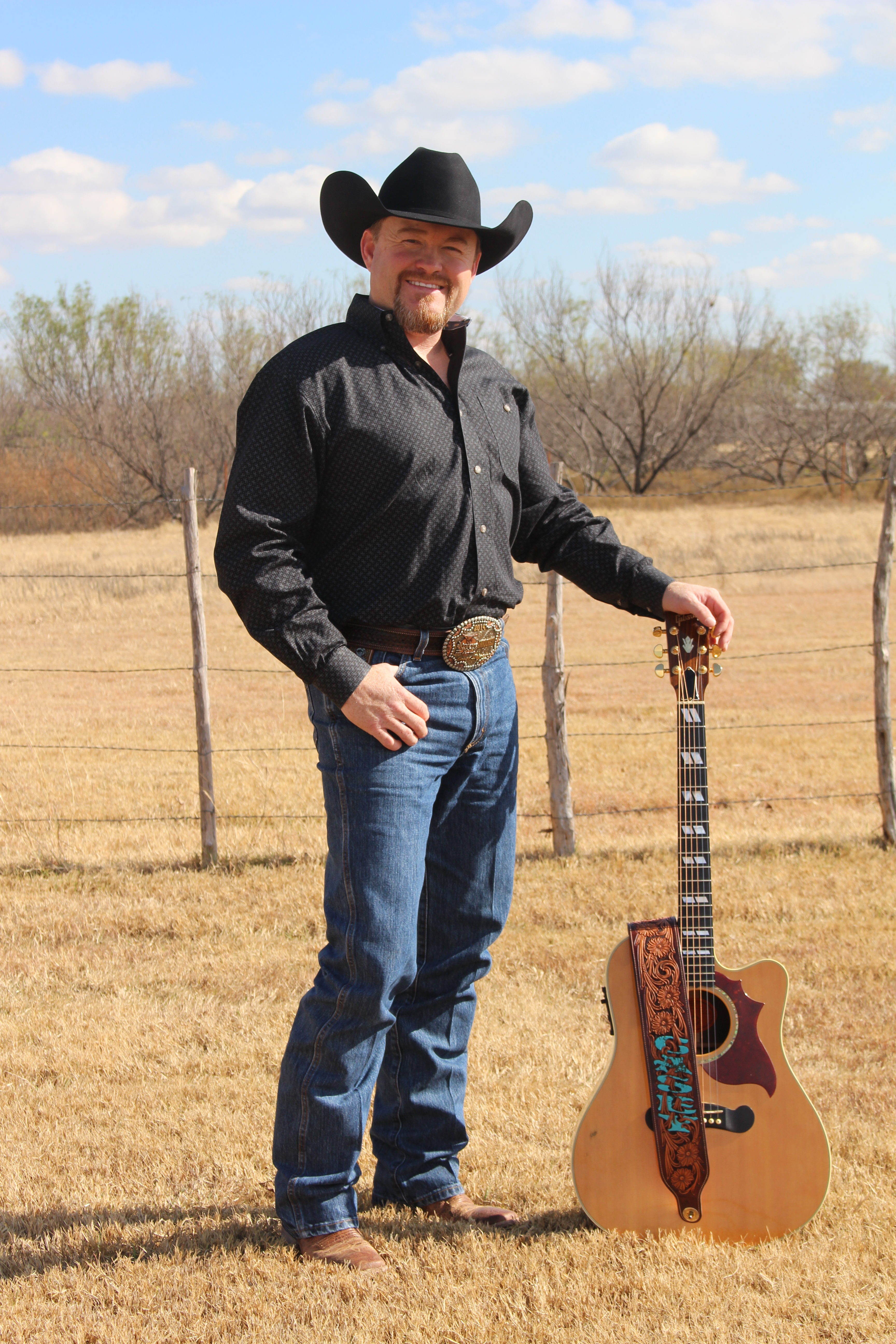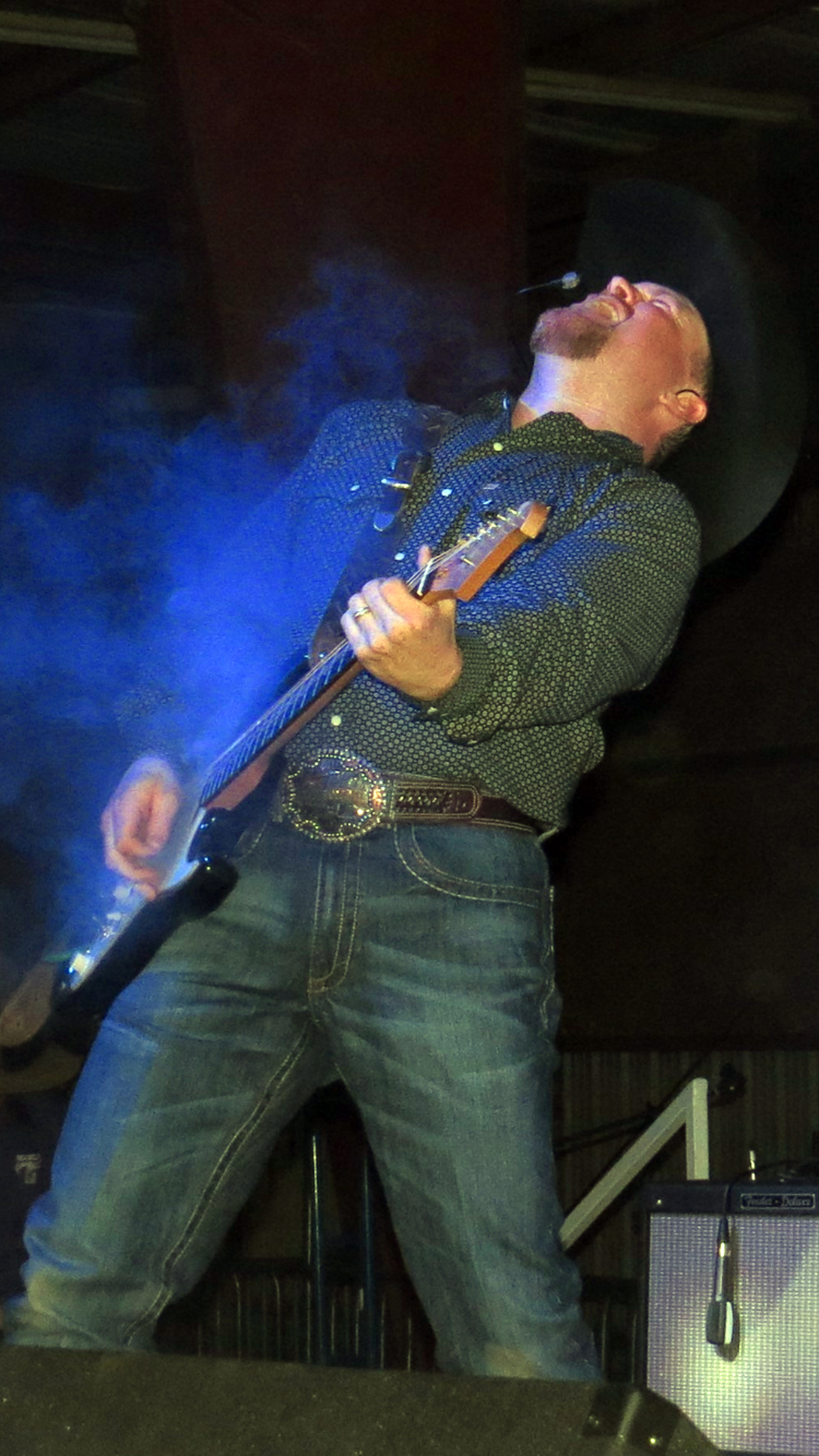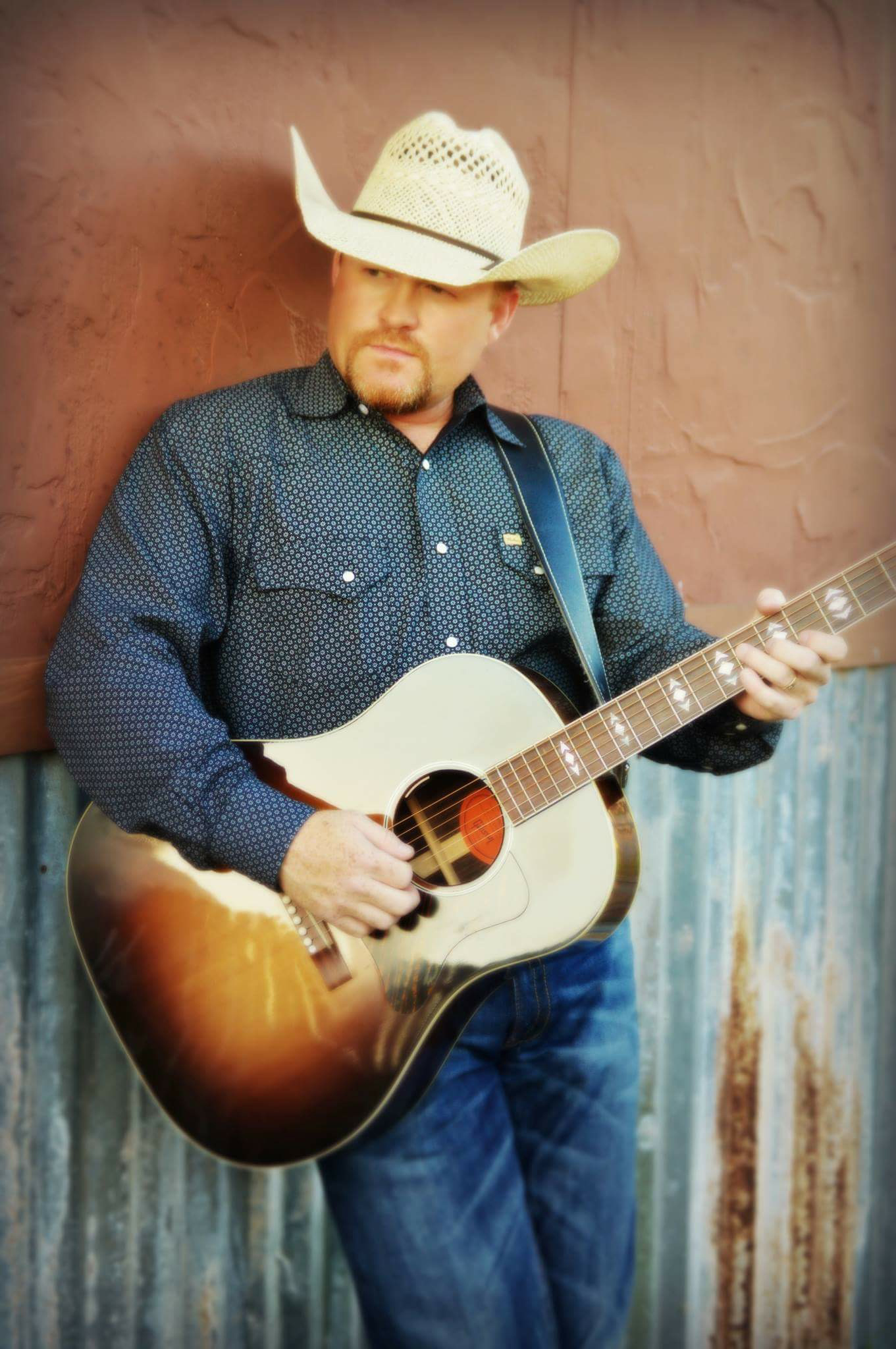Country Lifestyles
Enjoy the Ride – Casey Pilgreen : January 2018 Profile

By Jessica Crabtree
“Hold your head up and enjoy your ride. Hey cowboy, just enjoy your ride,” is the refrain to Casey Pilgreen’s hit country song “Enjoy the Ride,” which doubles as his album title. It is a mantra Pilgreen lives by and truly embodies.
Pilgreen was born and raised in Oklahoma, residing in the rural farming and ranching town of Waurika. “I am proud of my raising. It turned me into who I am,” Pilgreen admitted. As a youth Pilgreen attended school there, was active in his local FFA chapter and worked alongside his PaPa Harmon Lindesmith, who is a farmer and rancher, as well as his dad Ralph Pilgreen, a farmer, rancher, and order buyer for cattle.
In the thick of things, so to speak, Pilgreen’s family traveled to the NFR while still in Oklahoma City so that their young son could take in the rodeo and bull fighter Rex Dunn. An aspiration of Pilgreen’s was to fight bulls; never doing so, he did try his hand at riding bulls.
As a young man, Pilgreen had dreams of becoming a veterinarian due to all the influences around him. However, at the age of 10 he began playing the trumpet for the Waurika School band. An almost immediate talent, as a freshman, he and his National FFA band-mates were selected to play at the National FFA Convention in Kansas City, Mo. for keynote speaker George W. Bush. FFA was a huge part and contributor to Pilgreen’s life. Showing a great interest in country music, he asked for a guitar at 17 for Christmas and began lessons, even fiddling a little with the fiddle with coach Leon Gibbs.
Once graduating high school, Pilgreen had his sights set on Oklahoma State, but chose to begin his academic career at “UCLA”….(the University Of Cameron Lawton America). There Pilgreen completed his basics and prepared to transfer to vet school at Stillwater.
To read more pick up a copy of the January 2018 NTFR issue. To subscribe call 940-872-5922.
Country Lifestyles
Wichita Falls Area Cattlewomen
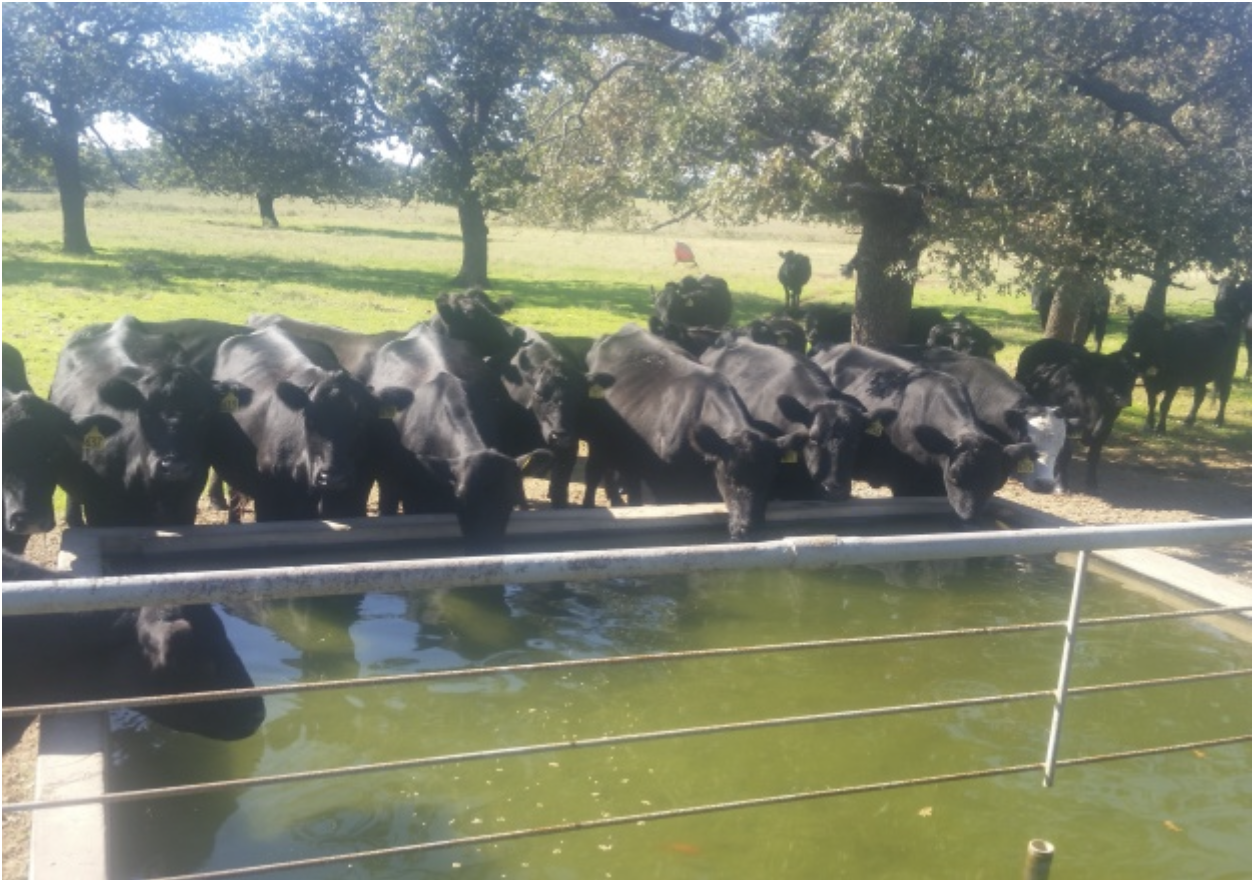
By: Martha Crump
Most cattle producers can tell you quite a lot about balancing cattle diets for energy, protein, vitamins, and minerals based on the specific needs for their herd and type of operation.
A key factor, and one that is often overlooked, is that how your animals perform is also directly affected by their water intake.
Now many of you may already be thinking “well of course water is necessary, anybody knows that!”
In many years, as September marches into October, we are beginning to experience some return of rainfall. But as many of us know, that is not always the case. Often we are still experiencing hot and dry weather, and water supplies are dwindling.
When we find ourselves experiencing those types of fall conditions, it is critical to not only understand the daily water requirements for cattle, but also the impact that the quality of water can have on herd health and development.
To read more, pick up a copy of the October edition of North Texas Farm & Ranch magazine, available digitally and in print. To subscribe by mail, call 940-872-5922.
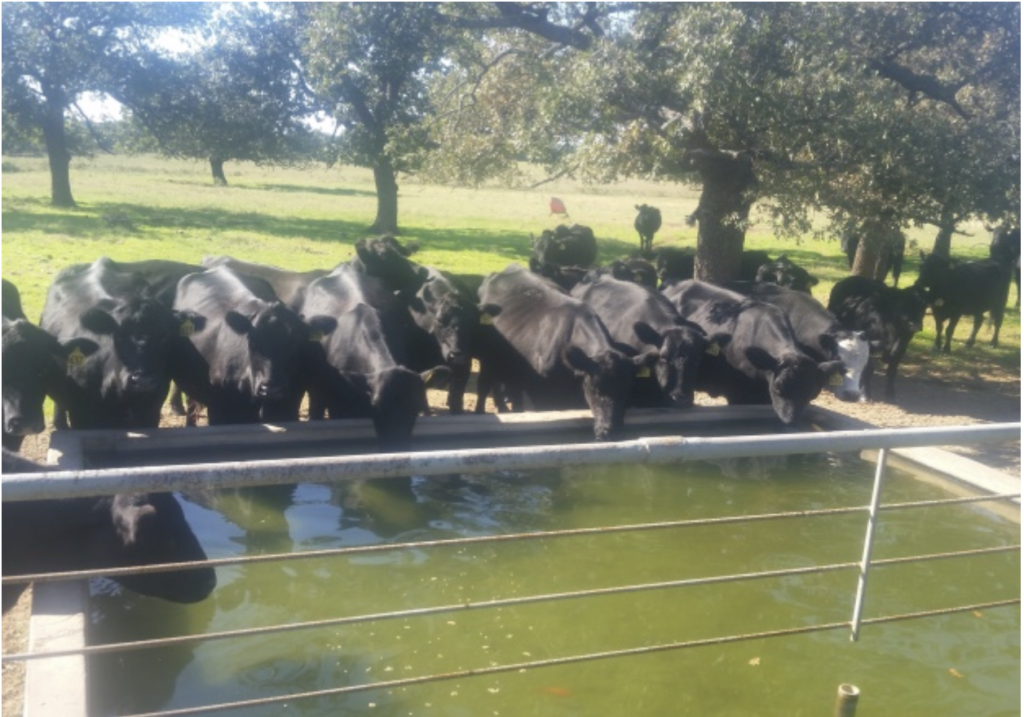
Country Lifestyles
When A Girl Goes Country: When Two Different Worlds Collide
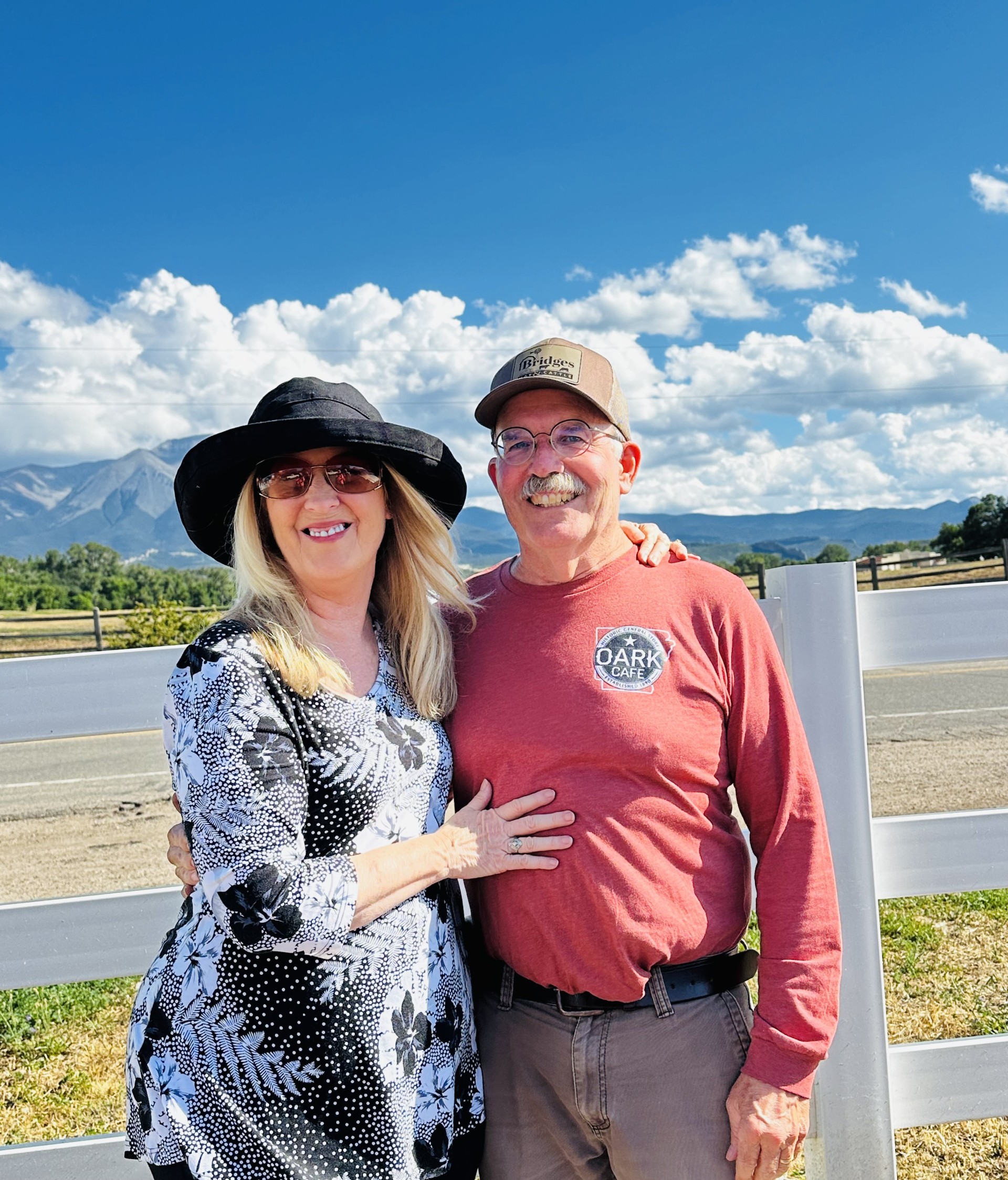
By: Annette Bridges
A friend and I were recently talking about our husbands. She made a comment that I felt also perfectly described me and my hubby.
“He slows me and I hurry him. I’m sure that is why we do well together,” she said.
“Precisely!” I thought. Why?
Because when two different worlds collide, it can be magical.
No matter what those two different worlds are- a man and a woman with very different personalities, beliefs, or backgrounds, two partners with contrasting passions, strengths, or talents, or when a country boy marries a city girl.
To read more, pick up a copy of the October edition of North Texas Farm & Ranch magazine, available digitally and in print. To subscribe by mail, call 940-872-5922.
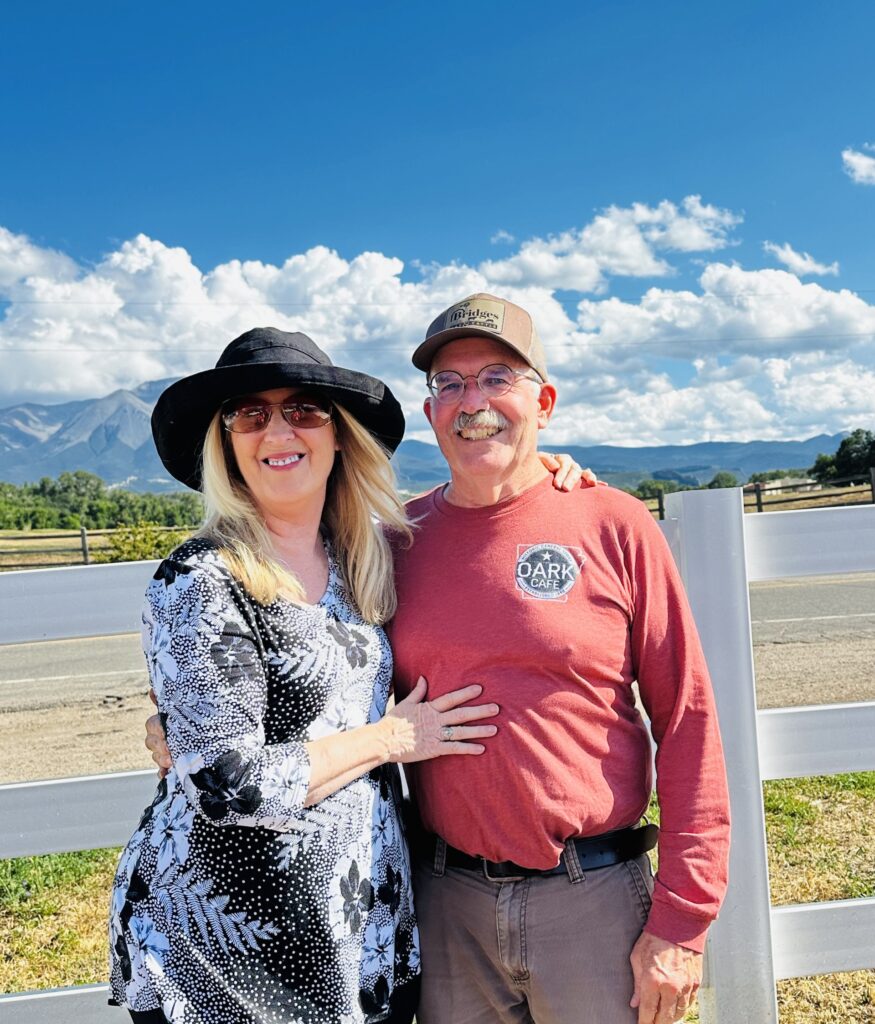
Country Lifestyles
Emma Harvey- Miss USA Agriculture
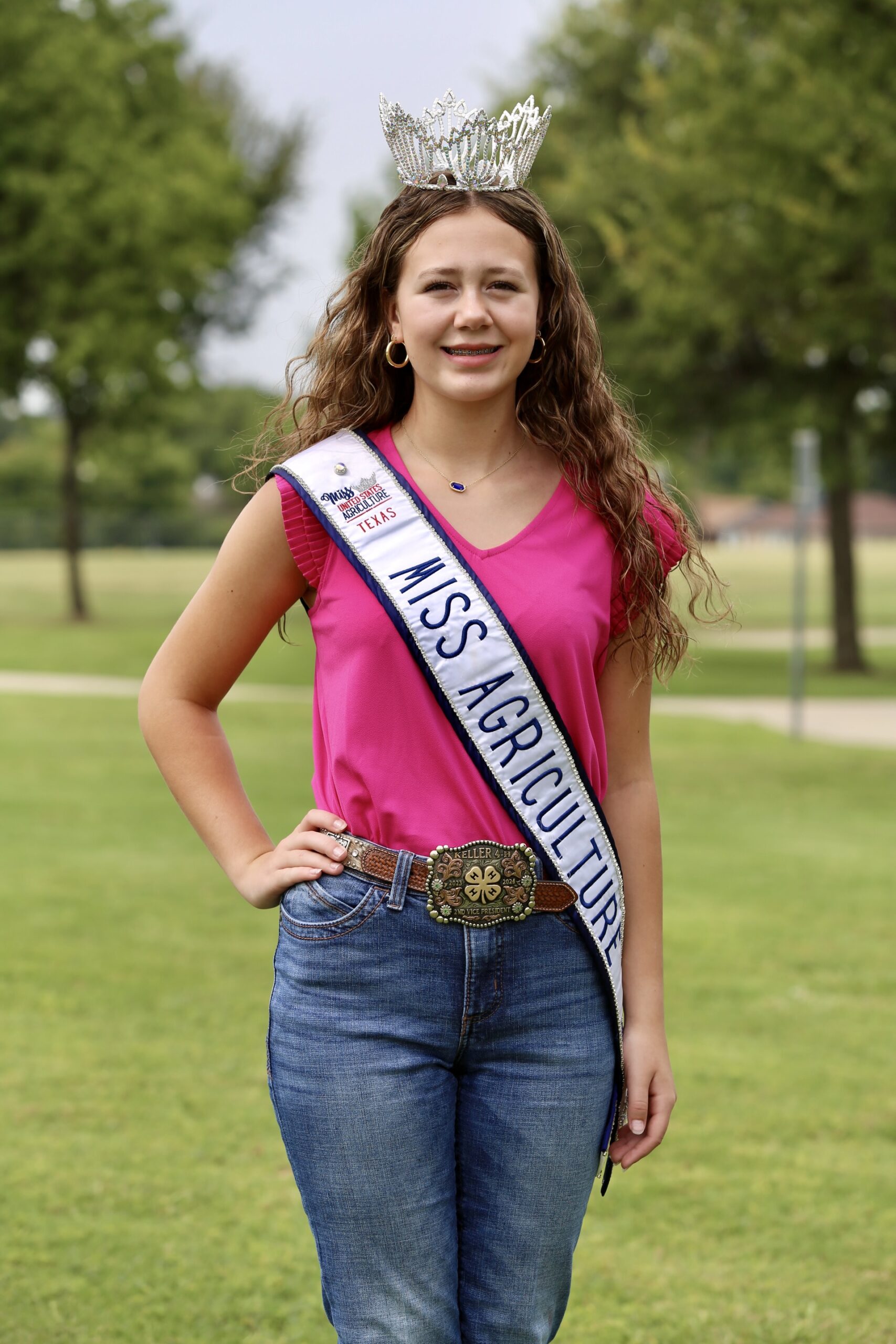
Watauga, Texas, a suburb of Fort Worth, is known for its rich history as a railroad stop, but over the course of the last year, one teen girl has put it on the map for agriculture as well. Emma Harvey has lived in Tarrant County her entire life. Despite being highly involved in her local 4-H chapter, she still felt there was more she could do. In the spring of 2023, she stepped up to the plate to take over the title of Tarrant County Teen Miss Agriculture USA.
“It all started when I put in an application for the teen title here in Tarrant County,” explained Harvey.
The Miss Agriculture USA program is a national non-profit, age-inclusive pageant program that offers both competition and non-competition titles to women dedicated to the promotion of agriculture.
Read more in the October issue of North Texas Farm & Ranch magazine, available online and in print. Subscribe to our newsletter to receive NTFR in your inbox each week.
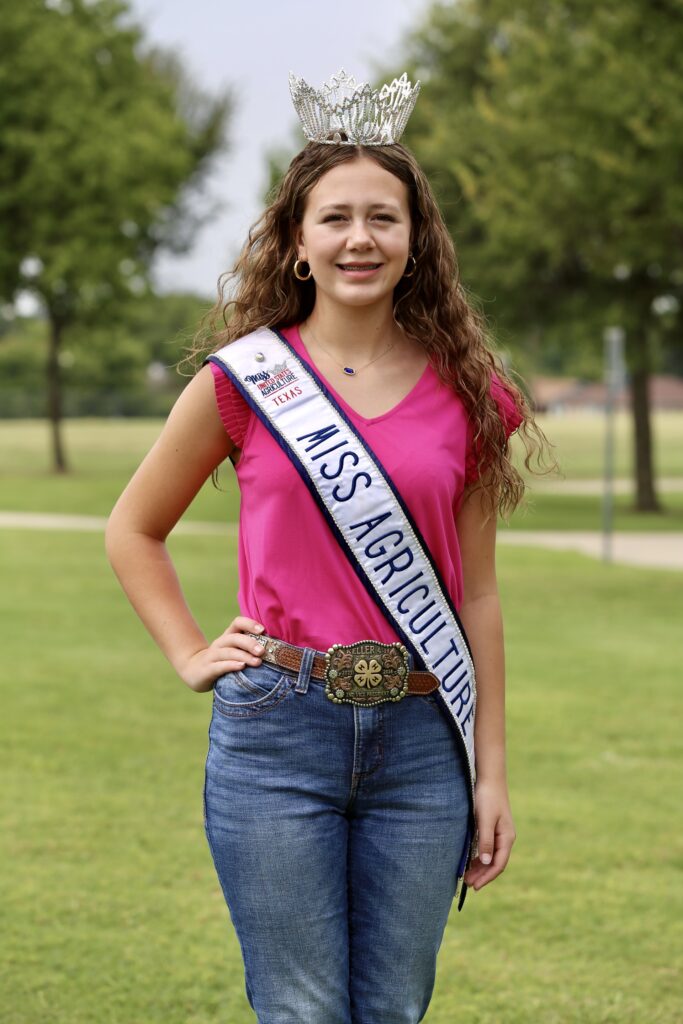
Photo by Hannah Claxton.
-

 Country Lifestyles2 years ago
Country Lifestyles2 years agoScott & Stacey Schumacher: A Growth Mindset
-

 Country Lifestyles8 years ago
Country Lifestyles8 years agoStyle Your Profile – What your style cowboy hat says about you and new trends in 2017
-

 HOME8 years ago
HOME8 years agoGrazing North Texas – Wilman Lovegrass
-

 Equine1 year ago
Equine1 year agoThe Will to Win
-

 Country Lifestyles5 years ago
Country Lifestyles5 years agoAmber Crawford, Breakaway Roper
-

 Outdoor10 years ago
Outdoor10 years agoButtercup or Primrose?
-

 Country Lifestyles9 years ago
Country Lifestyles9 years agoJune 2016 Profile – The man behind the mic: Bob Tallman
-

 Country Lifestyles8 years ago
Country Lifestyles8 years agoDecember 2016 Profile, Rusty Riddle – The Riddle Way

